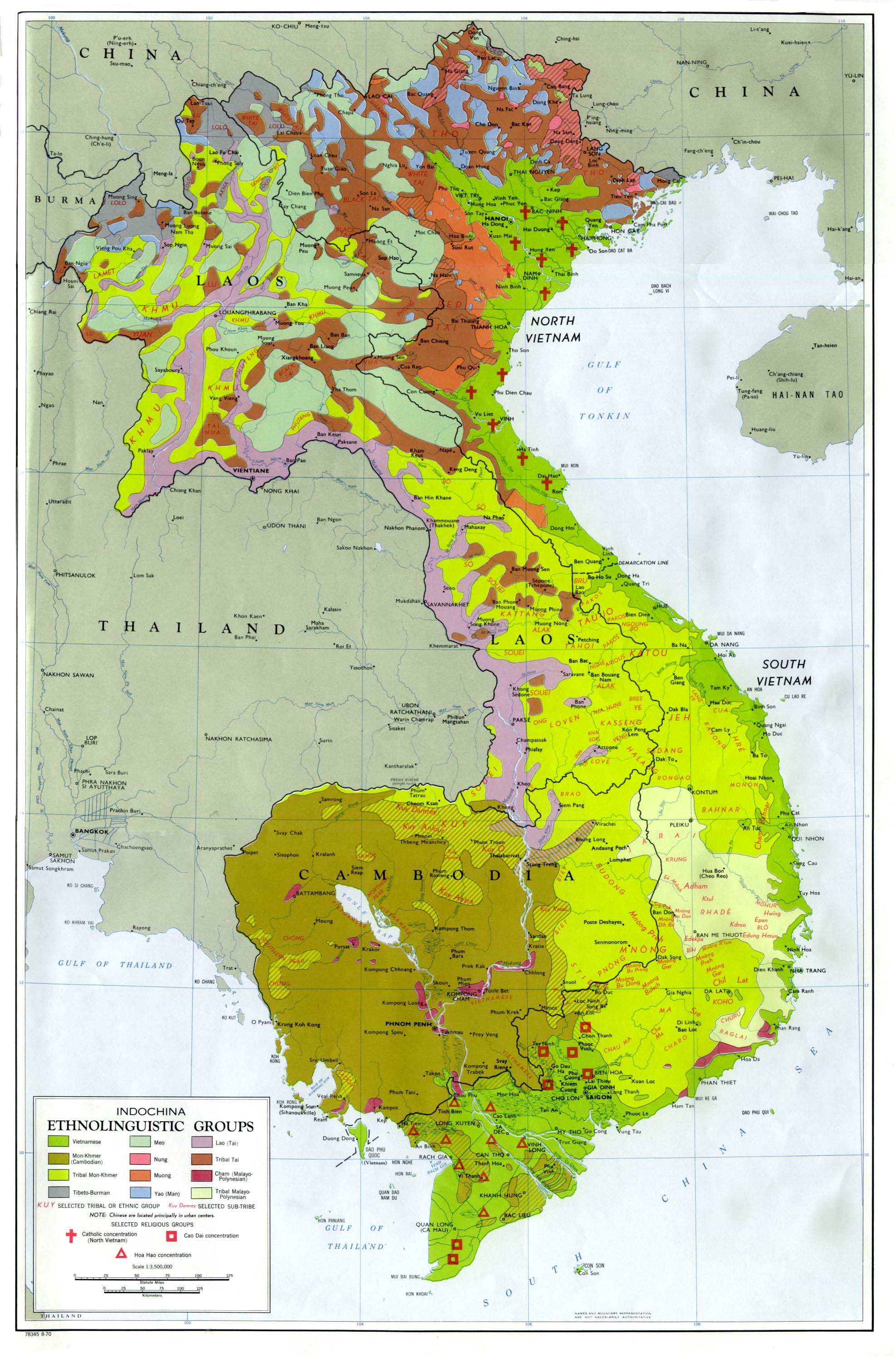
Originally Posted by
Common Soldier

The poor economic situation as a result of the British blocking trade with Spanish colonies was a direct result of Spain allaying itself with France in it's war with Britain, the war being primarily a conflict between France and Britain. d for the Spanish "willing" joining the French, it is questionable how "voluntary" it was. The French invade Portugal when Portugal refused to join with the French in their Continental System, and Spain had real reasons to feel that the same would have happened to them if Spain had rejected a French alliance. The fact that revolts occurred when Napoleon put his brother on the Spanish throne as a puppet government demonstrates there was nationalist element to the rebellion. The disaster economic conditions which resulted from Spain's alliance with France were percieved by the Commons population as a result of the corrupted French court being in the pocket of French interest. The very people who rejected the French inspired changes nd innovations, tradesmen and the like, were the ones most adversely affect by the economic situation, and it would be natural to blame the French for both, with some justification. The war really wasn't Spain's affair until Spain, under French pressure and in influence, chose to Ally itself with France. The alliance rdidnt benefit Spain, but aided France, giving France s large navy added to their own with which to challenge the British. Spain's interest would have been better served to remain neutral. There were long term trends and economic decline that did not have anything to do with the French, that is true, but the economic suffering due to the English blockade resulting from Spanish allying with the French were directly the result of Spain allying itself with France when it could have continued it's neutral stance.
Certainly, when the Spanish government allowed the French to invade Spain so the French could attack Portugal the Spanish government would have been perceived by.mzny as acting in the interest of France. The French h leanings by many St the Spanish court would have confirmed those views.
Neither Spain nor Vietnsm not especially hard to conquer, no more so that other areas that had rugged terrain or dense vegatation. Both have been conquered more than Scotland or Sweden for that matter. Afghanistan I would say has had a history of being as difficult, send both Spain and Vietnam had been conquered by outsiders, the RomNs, Visogoths, and Arabs in Spain, the Chinese and French in Vietnam. Note, until the 19th century, Vietnam as such did not exist. The areas of southern Vietnam under the Champas was neither linguistically or culturally Vietnamese, speaking a different language and having a culture that looked to the west (India) rather than China for inspiration. Southern Vietnam really only became culturally and linguistically part of Vietnam only after the Vietnamesr kingdom expanded in the south in the early 19th century. The Chinese did not conquer the Champa of southern Vietnam, true, but the Chinese did not conquer much of the rest of Indo China eithet, the French conquered far more of the area of Southeast Asia than the Chinese did.
The comparison beteeen the Pennisula War and the US Vietnam War is rather superficial, and only has vague similarities. In the Pennisular War, France was involved in fighting in several other areas, and Spain was only a secondary front. In the Vietnam War, the US inhereted s civil war that was already in progress before they became invovled. Unlike the Pennisular camapign, the US never tried to conquer all of Vietnam, it never launched a major invasion of North Vietnam. France did try to control both Spain and Portugal. And while France left after suffering major military defeats in Spain, the US did not leave after suffering major military defeats, the Tet Offense was actually a military defeat for the Birthday Congress, but a political victory.
The US left because it was tired of fighting in Vietnam. By 1968 the US was looking g to leave Vietnam, just 5 years after it became actively involved in the fighting, and withing 10 years it had left Vietnam. In contrast, rhe US has been in Afghanistan for almost 18 years. Also, when South Vietnam fell. It was to a direct invasion by North Vietnam, not to insurgent activities, which suggest the insurgents had been largely eliminated as a factor by the time the US left. And while the French had to face British troops as well as Spanish insurgents, the US only faced Vietnamese forces









 Reply With Quote
Reply With Quote























